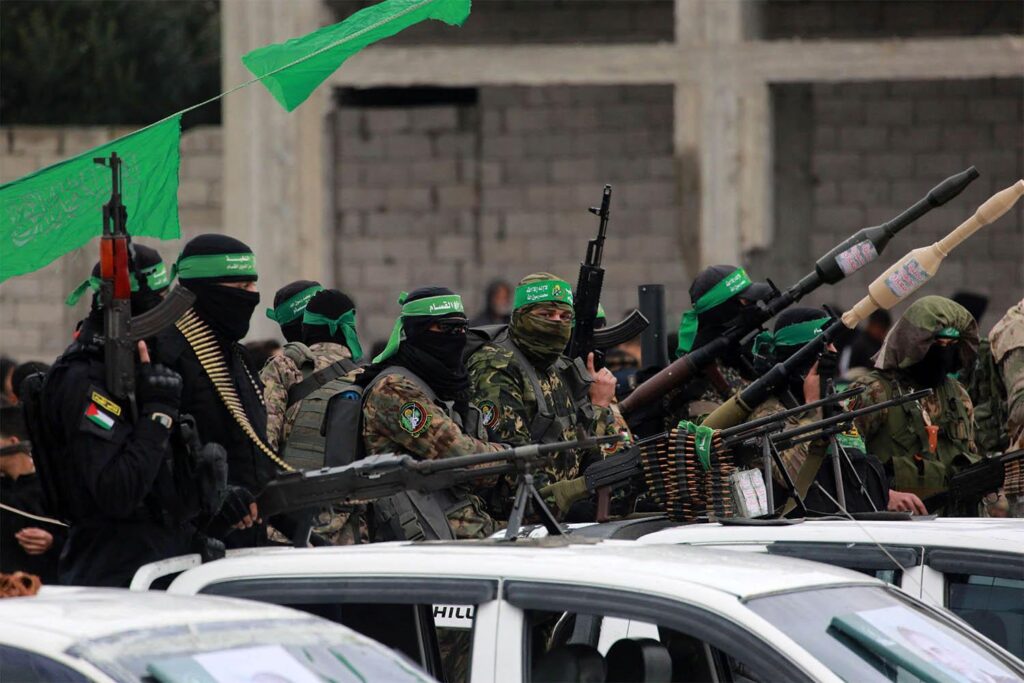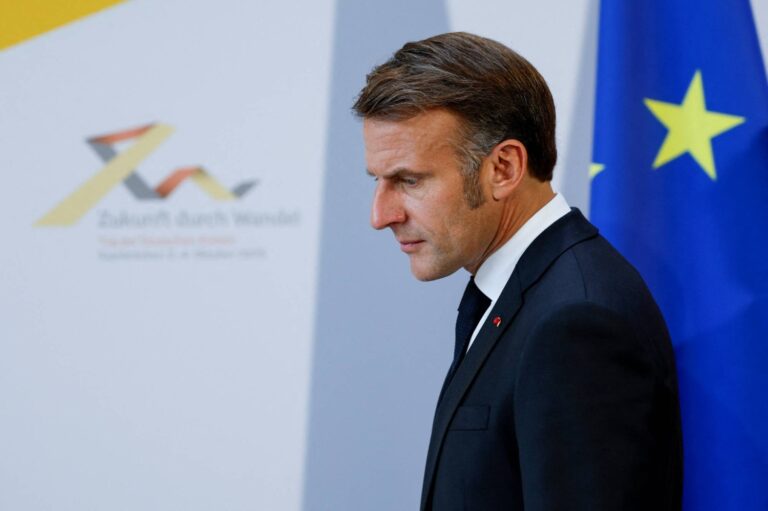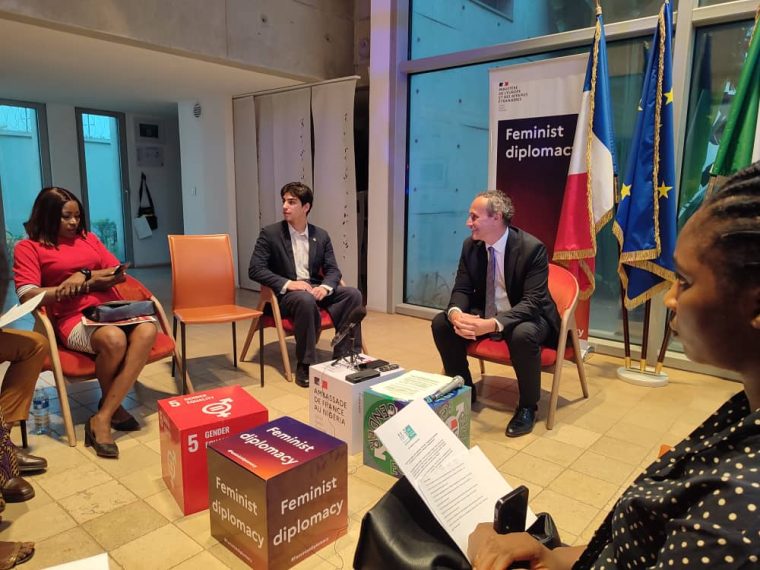
Arab states condemn Hamas and plan to call for its disarmament at a UN event. France’s foreign minister said that Arab states condemn Hamas for the first time. This new stance shows shifting regional politics and growing pressure on Hamas.
The foreign minister expects the condemnation and disarmament call to happen at a UN ministerial meeting next week. He said Arab states condemn Hamas and will urge its isolation. He added that they will demand full disarmament and call for its isolation from the region.
Various Arab countries will take part in this coordinated approach at the UN. They will speak with one voice and present a unified message. This marks a departure from past positions and reflects increased concern about the conflict.
He also asked European countries to support lifting the financial blockade on the Palestinian Authority. This would allow the PA to receive funds and help stabilize governance. He said that financial relief could break funding bottlenecks and support state-building.
Arab states condemn Hamas through a diplomatic strategy that combines pressure and constructive engagement. They see disarmament as key to ending the cycle of violence. This would strengthen moderate leadership and reduce extremist influence.
The plan aligns with broader talks about recognizing a Palestinian state under a peace plan. Arab leaders think that condemning Hamas and supporting reforms could advance this process. They expect wider support from European partners.
At the same event, France called for the removal of the financial blockade so that roughly two billion euros owed to the PA can be delivered. This step would boost essential services and increase legitimacy for the PA. It could also encourage broader regional cooperation and development.
The foreign minister noted that condemnatory statements carry symbolic weight and practical consequences. He said failing to act could leave Hamas unchallenged. He hopes Arab states condemn Hamas in a way that reshapes regional dynamics.
Some countries have already indicated they support state recognition linked to reform and governance improvements. They believe reform and reconciliation must accompany condemnation. They see the two goals as mutually reinforcing and necessary.
Arab leaders are discussing how to include the UN call and financial appeal into a wider reform agenda. They aim to pair diplomatic pressure with incentives. They hope to support Palestinian civil institutions and curb extremist armed factions.
The foreign minister stressed that this coordinated stance shows maturity and political will. He said leaders must condemn violence and offer viable alternatives. He also called on European governments to back reform and end the financial blockade.
In the coming days, delegations from key Arab and European states will meet at the UN. They will outline how condemnation and disarmament demands can be implemented. They also plan to monitor whether Hamas’ compliance improves governance.
Critics worry that loud condemnation may heighten tensions and alienate communities. Supporters argue that it can help isolate extremists and empower moderate voices. The key phrase Arab states condemn Hamas reflects this sense of strategic resolve.
Diplomats say the move could mark a turning point in regional diplomacy. If condemnation and disarmament are backed with concrete support to the Palestinian Authority, the path to peace may clear. The approach blends the strongest messaging with practical support.
In summary, Arab states condemn Hamas and plan to demand its disarmament at a UN meeting. They also call for the removal of the financial blockade on the Palestinian Authority. They hope to combine moral pressure with development incentives. This strategy aims to isolate extremism and promote state-building in Palestine.



